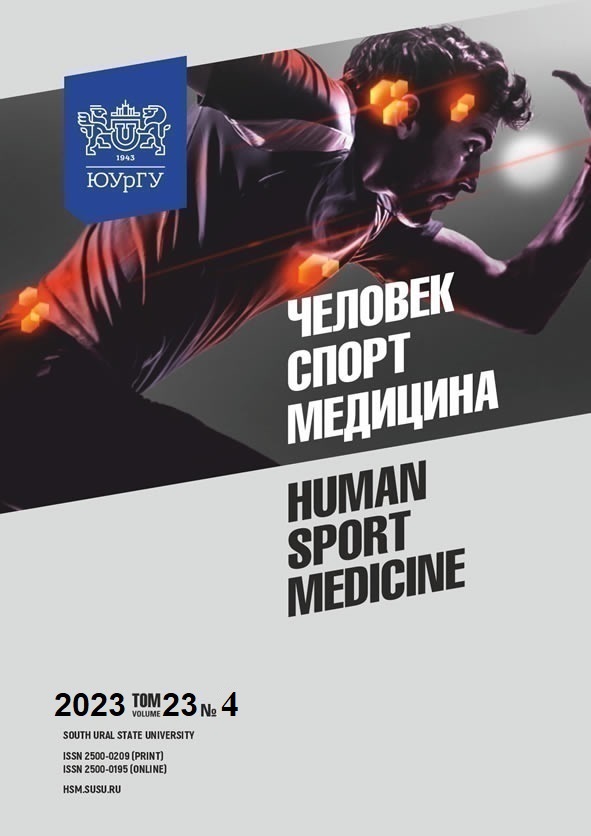ON THE EFFICIENCY OF LEUKOCYTE INDICES IN THE DIAGNOSIS OF IMMUNE DISORDERS IN ATHLETES (A REVIEW OF FOREIGN LITERATURE)
Abstract
Aim. To analyze the data from studies on the use of leukocyte indices in sports medicine and evaluate their significance as markers of impaired immune status and overtraining in athletes. Material and methods. A literature review was conducted using the following databases: PubMed, Scopus, and Web of Science. Full articles were obtained from the Springer and Elsevier websites. The review included reviews and original articles about the hematological profile of athletes under exercise. Results. This review provides data about studies of hematological markers that indicated an impaired immune status in athletes after intense exercise. The use of integrative and informative leukocyte indices is proposed depending on the periods of training and competitive activity, including the neutrophil-to-lymphocyte ratio, the monocyte-to-lymphocyte ratio, the platelet-to-lymphocyte ratio, and the systemic immune-inflammation index (SII = NLR × platelets). The systemic immune-inflammation index is used in clinical practice as a prognostic marker of inflammatory processes of various etiologies. Conclusion. Hematological leukocyte indices can serve as markers of impaired immune status and overtraining in athletes and are an effective, inexpensive, and easily reproducible assessment method.
References
References on translit
Copyright (c) 2024 Human. Sport. Medicine

This work is licensed under a Creative Commons Attribution-NonCommercial-NoDerivatives 4.0 International License.















